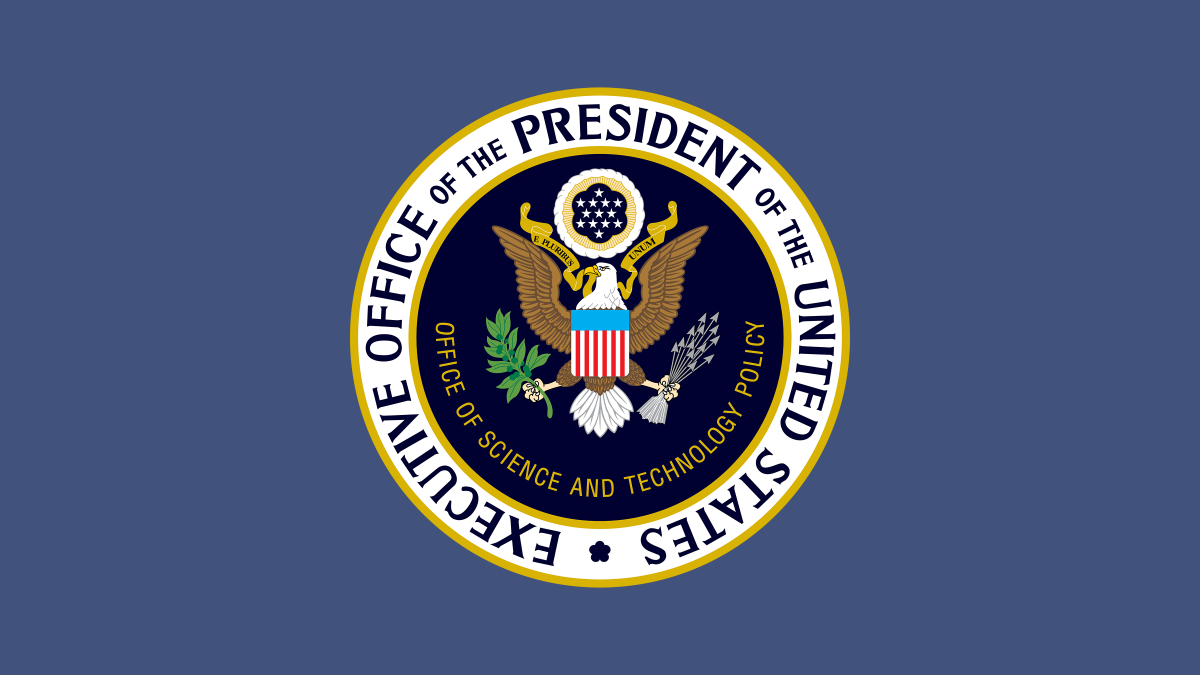July 31, 2018 at 05:47PM
Go to the source

Kelvin Droegemeier may soon be America’s new top science and technology policy advisor
The University of Oklahoma expert on extreme weather looks set to head the White House’s Office of Science & Technology Policy (OSTP)—assuming the Senate approves
The news: The Washington Post says that President Trump intends to nominate Droegemeier to the top job at the OSTP, which advises the president on a range of issues, from artificial intelligence to medical research and climate change. The role has been vacant for over a year and half at a time of dramatic technological advances in fields like AI. In the interregnum, the top ranking official at the OSTP has been Michael Kratsios, who is also the administration’s deputy chief technology officer.
Weather man…: Droegemeier has an impressive track record of research work focusing on the dynamics and predictability of severe thunderstorms and tornadoes. It remains to be seen if this expertise will prevent President Trump from making more blunders on climate policy, but the OSTP’s likely new boss should at least be well prepared for the turbulence that characterizes White House decision-making.
…computer whizz…: As part of his work, Droegemeier led the development of the world’s first atmospheric computer model that integrated Doppler radar and other data for forecasting local thunderstorms and other extreme weather events. He also established two supercomputing centers at the University of Oklahoma and worked with a group set up to examine America’s cyber infrastructure. So he should be able to get to grips quickly with policy issues facing the country in areas like quantum computing.
…and policy wonk: Droegemeier’s also no stranger to high-level scientific policy-making, having been a member of the National Science Board under two former US presidents. Last year, Oklahoma’s governor named him the state’s cabinet secretary of science and technology. John Holdren, who headed the OSTP under Barack Obama, has called Drogemeier’s nomination “a solid choice”. Fans will be hoping he can beef up the office, which has significantly less staff now than during the Obama era. But first, he will have to negotiate a big hurdle to taking office.
A storm in the Senate? Drogemeier’s nomination must be approved by senators, and there’s a chance the Democrats could use it as an opportunity to protest the president’s stance on climate issues and his threat to cut non-defense-related research spending. Given that Droegemeier has publicly said he’s against cutting federal investment in fundamental research, it would be a shame if his appointment becomes a lightning rod for political infighting.

